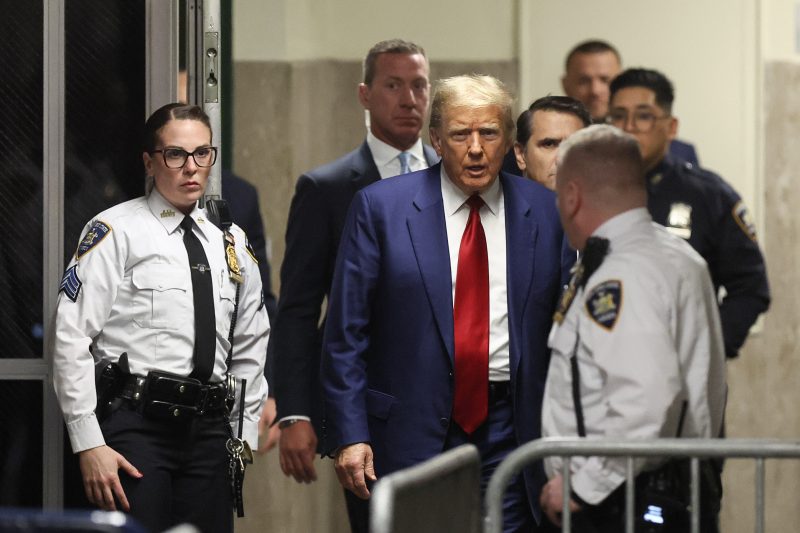In a recent trial involving hush money potentially paid by former US President Donald Trump to two women, his legal team’s approach has been framed as a strategy of deny, delay, and denigrate. This method is common in legal proceedings, particularly high-profile cases, where the goal often extends beyond seeking pure justice. Instead, the aim is often to muddy the waters, create doubt, and discredit the opposing side. Let’s delve into each component of this strategy and analyze how it is playing out in the mentioned trial.
Deny:
A fundamental aspect of the defense strategy is outright denial of any wrongdoing. Trump’s legal team has consistently denied any involvement or knowledge of hush money payments to Stormy Daniels and Karen McDougal, the two women claiming to have had extramarital affairs with him. Denial serves to cast doubt on the allegations and attempts to create a narrative that the accusations are baseless or politically motivated. By vehemently denying the charges, the defense aims to shift the burden of proof onto the prosecution, forcing them to provide concrete evidence.
Delay:
The strategy of delay plays a crucial role in prolonging the legal process and creating fatigue for the opposing side. In the case of Trump’s hush money trial, his legal team has been adept at filing numerous motions, requests for dismissals, and appeals, all aimed at dragging out the proceedings. Delay tactics can exhaust the resources of the prosecution, test the patience of the court, and potentially make gathering evidence more challenging. By prolonging the trial, the defense seeks to increase the likelihood of key witnesses forgetting details or evidence becoming less compelling.
Denigrate:
Denigrating the opposing party is another key component of the defense strategy. In this trial, Trump’s legal team has sought to tarnish the credibility of the prosecution’s witnesses and cast aspersions on their motives. By questioning the integrity and reliability of the witnesses, the defense aims to sow seeds of doubt in the minds of the judge and jury. Additionally, denigrating the opposing party can serve to distract from the core issues of the case and focus attention on personal attacks and character assassination.
In conclusion, the deny, delay, and denigrate strategy employed by Trump’s legal team in the hush money trial is a calculated approach to secure a favorable outcome for their client. By denying any wrongdoing, using delay tactics to drag out the legal process, and denigrating the opposing party, the defense seeks to create a cloud of uncertainty and complexity around the case. While such strategies may be effective in achieving short-term legal victories, they can also have broader implications for the transparency and fairness of the legal system as a whole.

